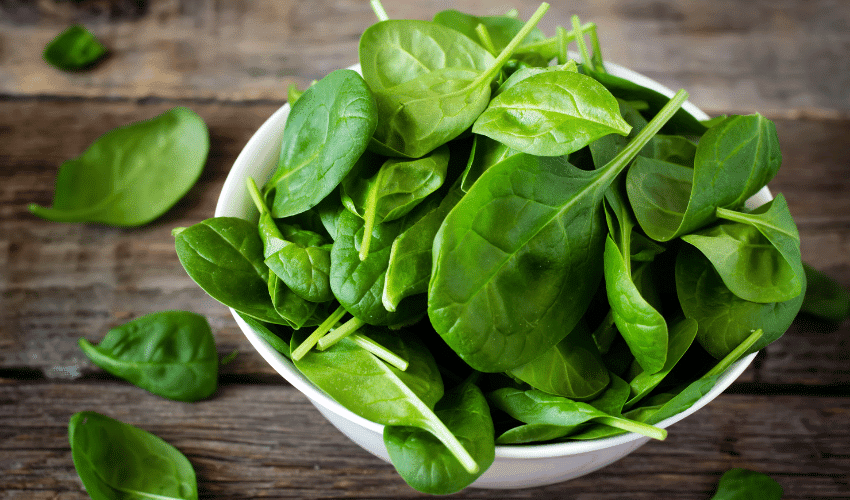Introduction: The Impact of Diet on Kidney Stone Formation
Kidney stones are increasingly affecting people worldwide, and understanding the role of diet in their formation is vital to prevent them. In this detailed article, we will explore the top 20 foods that cause kidney stones, helping you make informed dietary choices to take control of your kidney health and minimize your risk.
Kidney stones form when certain substances in the urine, such as calcium, oxalate, and uric acid, become highly concentrated. When these substances reach a critical level, they can crystallize and form stones. Diet plays a significant role in determining the levels of these substances in the urine, as well as the overall risk of developing kidney stones.
By identifying and reducing the consumption of foods that contribute to kidney stone formation, you can actively lower your risk and improve your overall kidney health. In addition, a well-balanced diet can help maintain adequate hydration, which is essential in preventing kidney stones.
1. Spinach and other Oxalate-rich Vegetables

Spinach, a popular leafy green, is a significant source of oxalates. Oxalates are organic compounds found in various plant-based foods that can contribute to the formation of kidney stones. When oxalates combine with calcium in the body, they form calcium oxalate crystals, which can accumulate in the kidneys and develop into stones.
In addition to spinach, other high-oxalate vegetables include beet greens, rhubarb, and Swiss chard. While these vegetables offer numerous health benefits, such as vitamins, minerals, and antioxidants, they can also increase your risk of kidney stones if consumed in large quantities.
To reduce your oxalate intake, consider incorporating low-oxalate vegetables like kale, cabbage, and cauliflower into your diet. These vegetables offer similar health benefits to high-oxalate vegetables but pose a lower risk for kidney stone formation.
It’s important to note that boiling high-oxalate vegetables can reduce their oxalate content. However, this may also result in the loss of valuable nutrients. Finding a balance between the benefits and risks of consuming oxalate-rich vegetables is crucial in maintaining kidney health. (1)